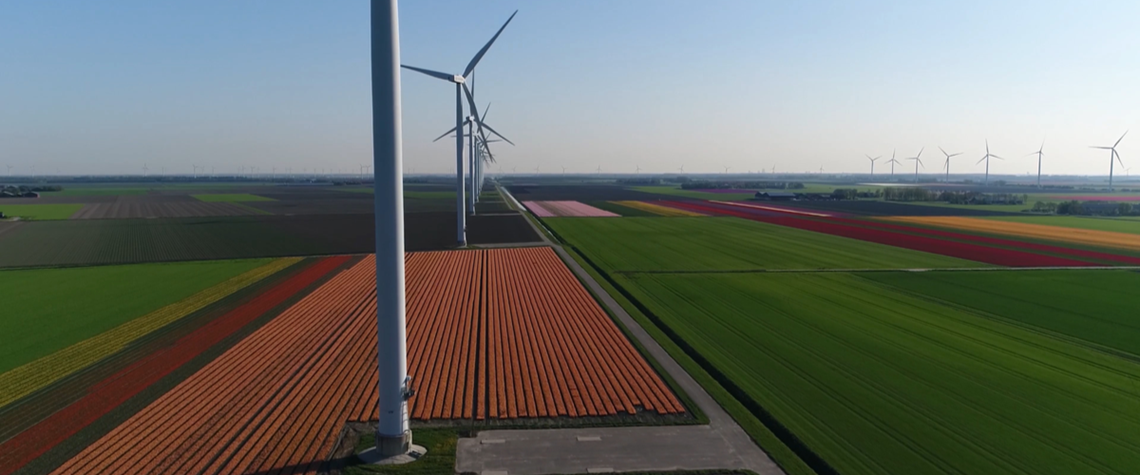Recent energy market volatility has served to illustrate the sector’s shortcomings in terms of transitioning towards net zero. Oil companies have quickly reduced upstream spending in recent years as they slowly embark on the energy transition, leading in part to oil and gas prices reaching highs not seen for well over a decade.
However, despite the diversion of resources away from investment in hydrocarbons, only 20pc of 2050 net-zero pledges have so far been fulfilled. To ensure climate targets are met both individually and collectively, it is important that companies choose the appropriate transition pathway for their circumstances.
With industry estimates suggesting that reaching net zero by 2050 will cost more than $200tn, Berislav Gaso, upstream executive vice-president at Hungary’s Mol Group, says: “It is not an option for oil and gas companies not to embark on the energy transition”. Equally though, he adds that “doing it at the current pace is also not an option if we want to sustainably reach net zero”.
With solar and onshore wind dominating renewables capex, Gaso notes that “much more” investment is required in carbon capture, utilisation and storage, geothermal, offshore wind and biomass for them to catch up.
Perspectives
Meanwhile, given the global nature of the industry, companies will have very different views of what the energy transition means to them, depending on whether they are an NOC, an IOC or a mid- or small-cap independent. Shareholder expectations will also vary significantly between each of these companies, and these must be considered if they are to set realistic targets.
“Before we even start thinking about what we want to invest in… we have to be thinking as a company: what are we best positioned to stay competitive in and to be able to build resilience in, and what are we actually able to deliver some results to our stakeholders on?” says Juan Carlos Gonzalez Bonilla, senior vice-president of business excellence and innovation at Austria’s OMV.
Bonilla emphasises that companies need to plan carefully for success in new forms of energy, avoiding assumptions and rather focusing on developing an understanding of the business models that make the most sense for their respective competitive strengths as well as weaknesses.
Challenges
As for the variety of options, Caroline Lytton, head of power and renewables at Japanese financial services institution SMBC, goes further, saying there is “no limit … the only constraint is that we have to do something”.
She notes that, while there are companies that are seeking to leverage their existing areas of expertise, there are also those that are moving into new areas with high barriers to entry.
“In a lot of established markets, particularly in renewables, the barriers to entry have become really high for new bidders. It is very cost-competitive, and companies that have been in the market for a decade or more have a very strong competitive advantage,” she says.
Progress
Meanwhile, given the apparent shortfall in sustainable alternatives to oil and gas at a time when prices are so high, there is further reason to question the energy transition. However, Bart Cornelissen, partner and energy, resources and industrials leader at professional services firm Deloitte Middle East, says “the transition will still happen”, although he notes it will be driven by consumers.
“The issues we are having right now are because of volatility that has resulted from the disconnect between the renewable investments that need to happen and the speed with which, particularly the IOCs, reduced their investments in oil and gas: one has not risen enough, and the other has gone down too fast,” he says.
Cornelissen notes, though, that the general trend is one of transition, saying there will be a downward swing in oil prices, which will increase incentives for renewable investments.
However, he concludes: “The pace of change will be very much determined by the acceptance of the end-user for the transition. It is one thing saying that you want it, but it is another thing to say you actually want to pay for it.”
These topics are further addressed in our webinar, No right answer? Portfolio optimisation on the route to net-zero, held in association with Deloitte, which is now available on demand.









Comments